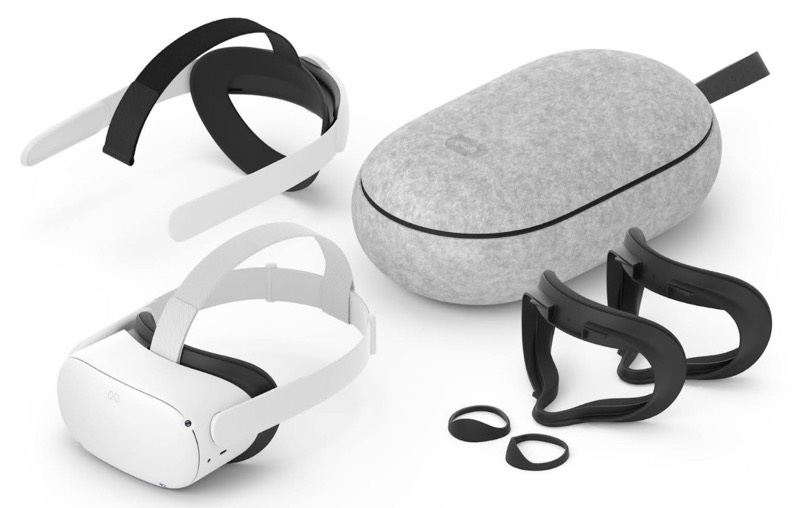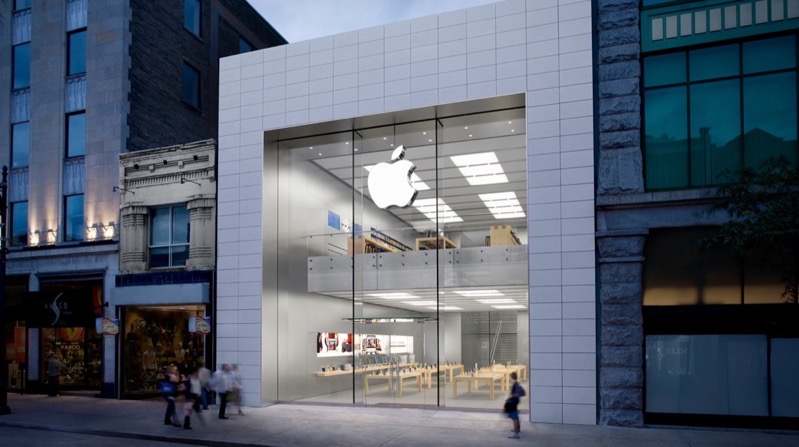
Torontonian Caught Reselling Apple Devices Purchased with Company Card for Over $6 Million
A Torontonian was caught buying and reselling $6 million CAD-worth of used iPads and iPhones purchased with her company card.

According to a new report from the National Post, Torontonian Nadia Minetto, a former accounting manager for Wescom Solutions, a software company, spent upwards of $6 million CAD (using a company credit card) on used iPhones and iPads, then turning around and selling them for a profit. She did so for five years before anyone noticed.
Minetto reportedly sold the devices to a man named Gabriel Fung. According to the report, Minetto sold Fung 5,321 iPads and 4,942 iPhones — up to 20 at a time — worth more than a staggering $6 million.
Fung then, in turn, sold some of the devices through his electronics store, but most went to companies in Hong Kong or to wholesalers.
Minetto was able to get away scot-free for five years without anyone at her company noticing because she was, in fact, in charge of approving charges made on the company’s American Express cards. As such, no one noticed the massive charges until July 2014.
A consultant hired on behalf of the firm as part of its research into becoming publicly traded discovered the fraud when looking back over old receipts. She found spending dated back to May 2009, and, in total, “at least $6,831,834 of Wescom’s money was misappropriated, according to court documents, most of it on the Apple phones and tablets.”
After being confronted about the fraud, Minetto confessed, eventually coming to an agreement with Wescom to pay back the money, though, at this point, it’s not clear how much money has been paid back.
Wescom also pursued Fung for the money related to the Apple devices; he reportedly received a total of $5.2 million CAD throughout their “relationship.” Minetto reportedly told him the devices were “legit” and not stolen.
“A reasonable person would not consider this to be a legitimate way to conduct business. … He chose to remain deliberately ignorant as to the source of those products,” said Judge Michael Emery in his 2017 judgment.
“As the saying goes, if something is too good to be true, it probably is,” Emery said.

